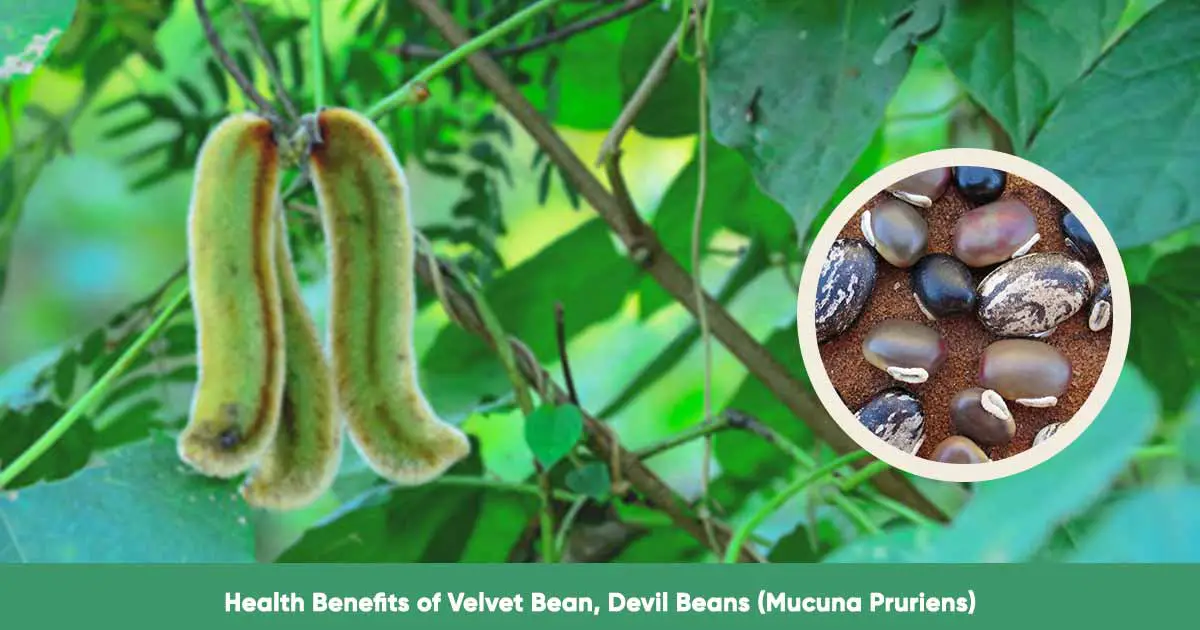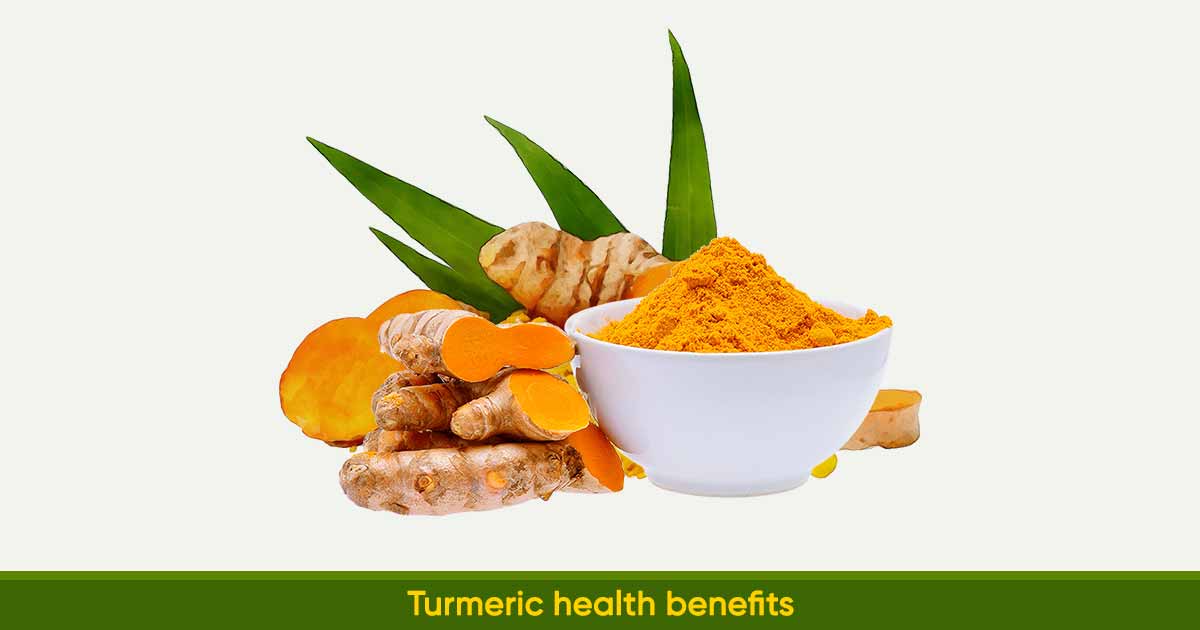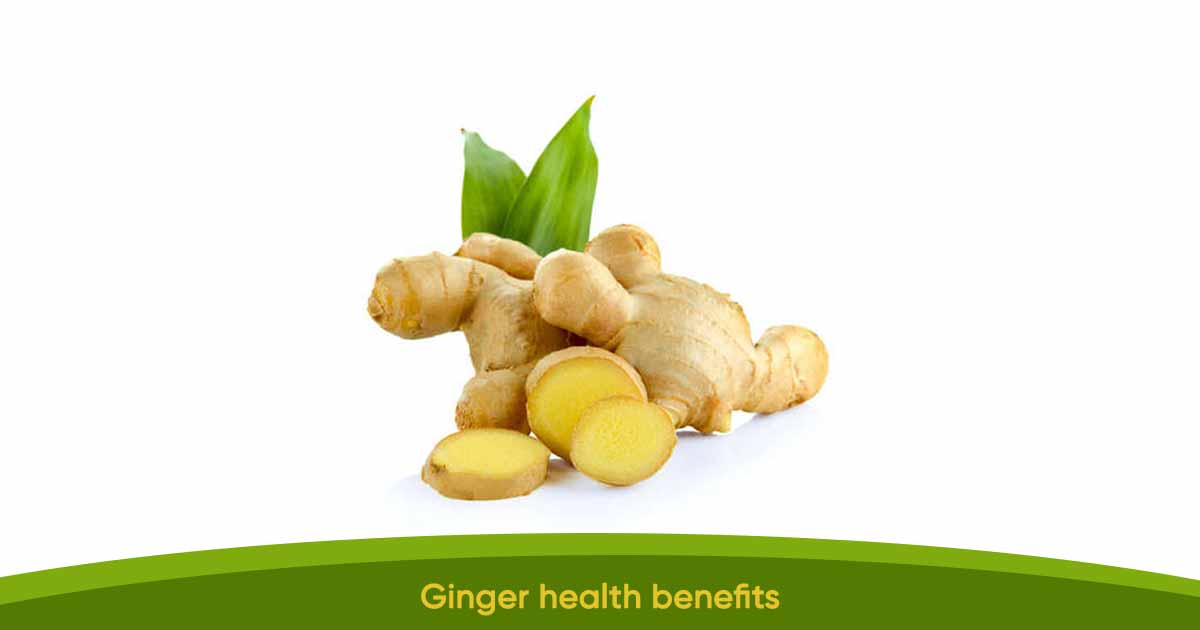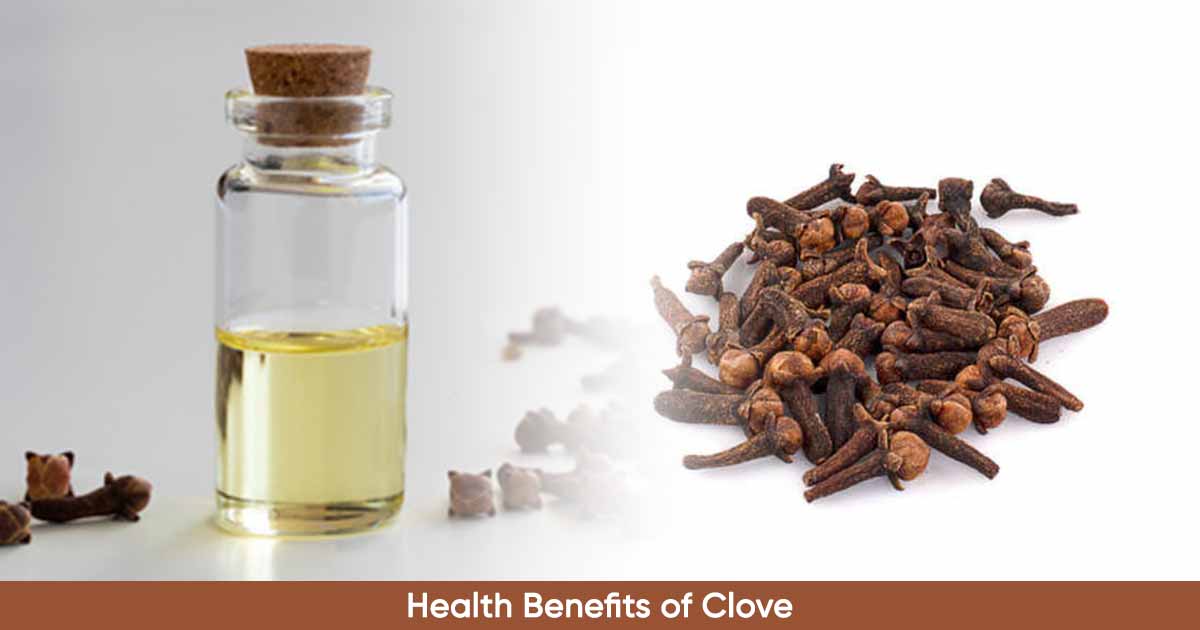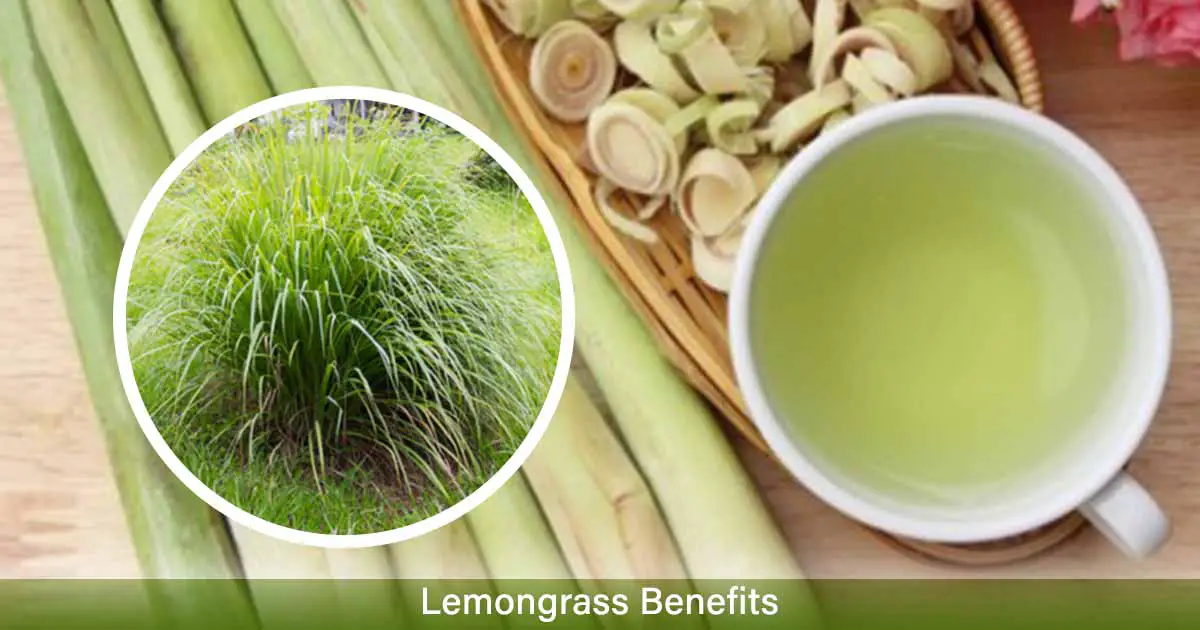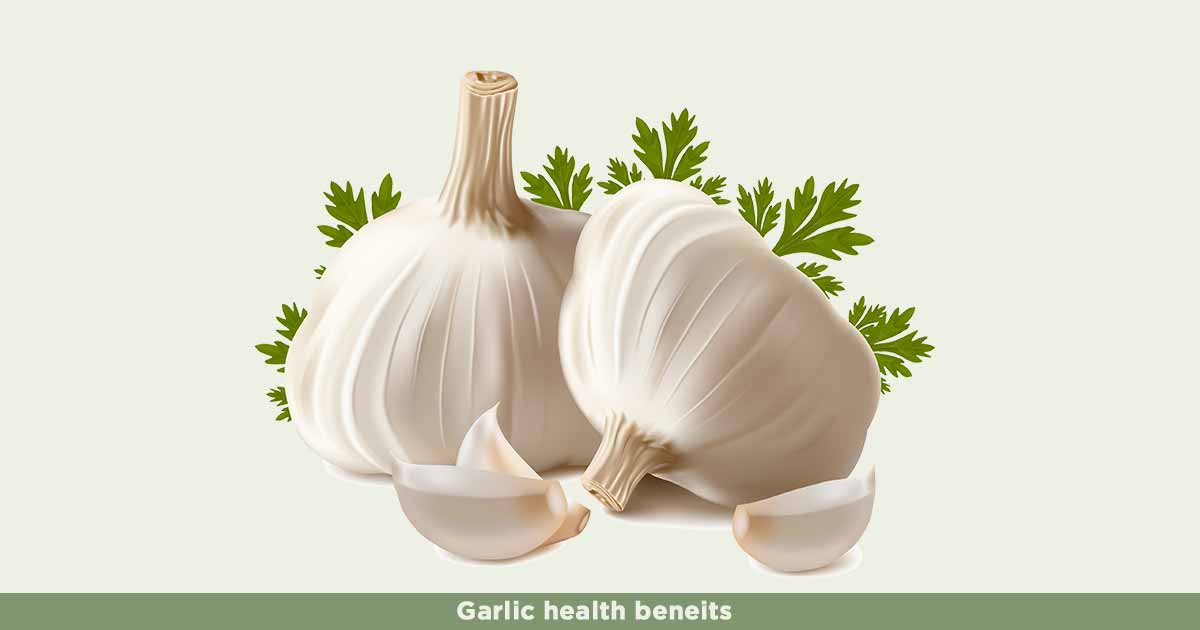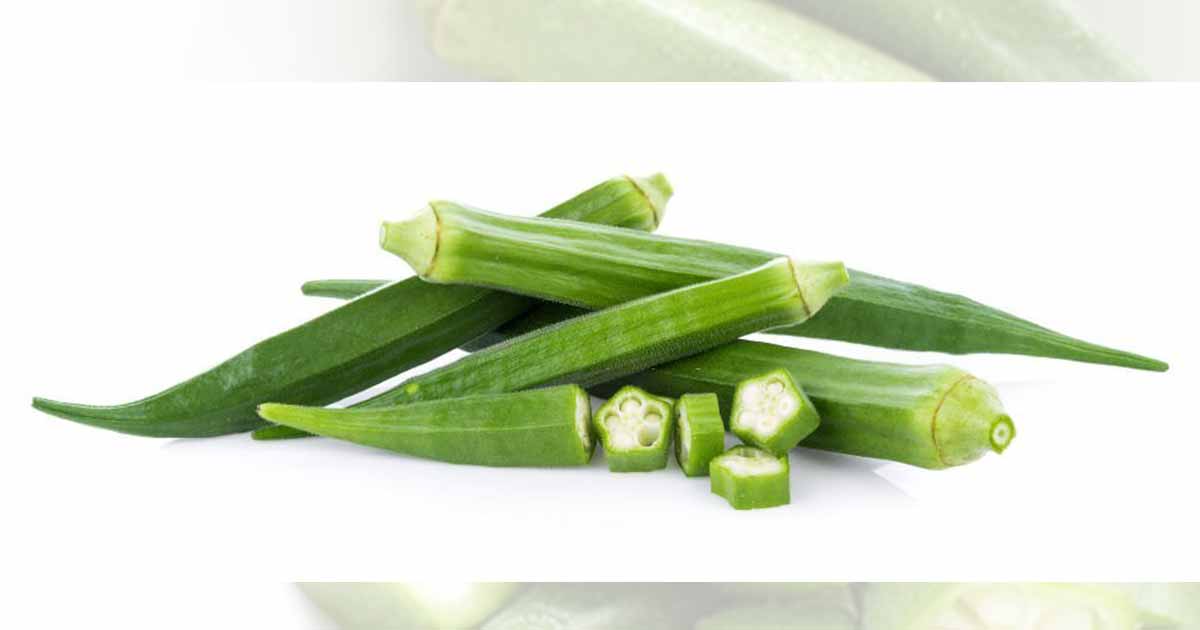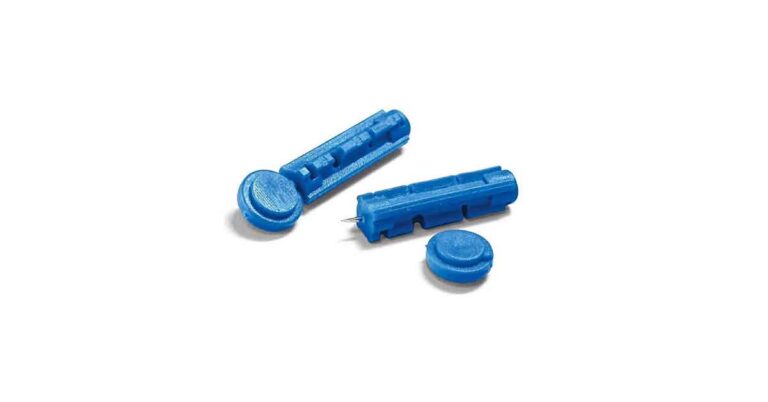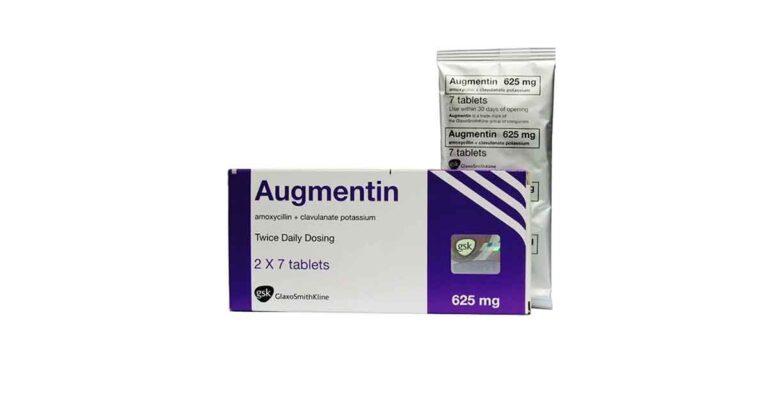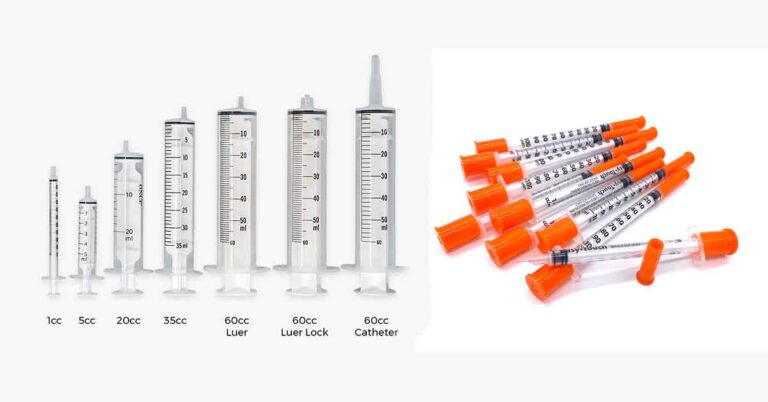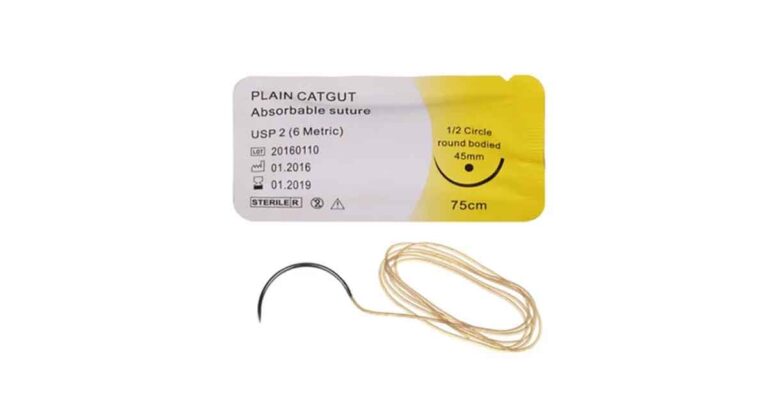Mucuna pruriens, or velvet beans, cowhag, common cowitch is an annual climbing legume from the family, Leguminoseae. The plant is originally from southern China and eastern India, where it was cultivated as a green vegetable crop. It is now grown in tropical regions such as Africa, tropical America, the Pacific region, the West Indies, and India. The plant is an annual herbaceous climbing legume. It can grow up to 3-18 m height.
The plant is a perennial climbing legume, with long, slender branches and trifoliate leaflets. The leaves produce clustered or long inflorescence. Flowers are white or purple, and occur in large groups or pyramids. The pod is thick, leathery, move from green to dark brown color, and covered with hairs that cause severe irritation. The pod contains 4 to 6 seeds. There are many species and varieties of the mucuna.
Other names of mucuna pruriens are agbara (Igbo), werepe (Yoruba). Other names of velvet beans are Mauritius bean, itchy bean, Buffalo bean, Lyon bean, Nescafé Mucuna, Yokohama velvet bean, Bengal velvet bean, Florida velvet bean, Picapica, lacuna bean, monkey tamarind, Fava-coceira, Cabeca-de-frade, Chiporro, bichchoti, Kavatch, Daunch, Goncha etc.
Mucuna pruriens is used in traditional medicine to treat Parkinson disease, cancer, venom, infertility etc. As a food, it can be made into beans flour or as vegetable for human consumption. For both human and animal consumption, several thermal processing methods can be used to detoxify mucuna to reduce the L-Dopa fixation to safe levels for human consumption.
Bioactive Constituents of Velvet Beans (Mucuna pruriens)
The most important constituent of velvet beans (Mucuna pruriens) is high concentration of L-DOPA, a non-protein amino acid, and precursor to dopamine. Dopamine is an essential neurotransmitter that modulates mood, sexuality, and movement.
There are also traces of serotonin, nicotine, dimethyl tryptamine (DMT), bufotenine, oxitriptan, 5-MeO-DMT and beta-carboline.
Velvet beans seed contain glycosides, saponins, reducing sugars, tannins, and alkaloids such mucunadine, mucunine, prurienidine, prurienine, 6-methoxy harman.
Amino acids content include leucine, valine, arginine, cystine, phenylalanine, proline, alanine, cystine, leucine, threonine. The fatty acids present are arachidic acid, linoleic acid, aspartic acid, strearic acid, oleic acid, palmitic acid, palmitoleic acid, vernolic acid, myristic acid etc.
There are phospholipids such as lecithin, phytosterol like β –sitosterol, and other compounds like choline, glutathione, lecithin, gallic acid.
Nutritional Composition of Velvet Beans
Mucuna pruriens contain moisture, high quantities of fiber, protein, lipids, carbohydrates, minerals, amino acids, and ash. Mucuna beans are also rich in potassium, magnesium, calcium, iron, zinc, sodium, phosphorus, copper, and manganese.
| Nutrition | Quantity |
| Carbohydrate | 42.79–64.88% |
| Protein | 24–31.44% |
| Lipid | 4.1–14.39% |
| Crude fiber | 5.3–11.5% |
| Ash | 2.9–5.5% |
| Sodium | 4–70 mg (per 100 g) |
| Potassium | 0.806–2.790 mg |
| Calcium | 104–900 mg |
| Phosphorus | 98–498 mg |
| Zinc | 1–15 mg |
| Magnesium | 85–477 mg |
| Iron | 1.3–15 mg |
| Copper | 0.33–4.34 mg |
Medicinal Benefits of Velvet Beans (Mucuna pruriens)
Velvet beans have been used in traditional medicine for various purposes. The leaves have been used as aphrodisiac, tonic, ulcer, helminthiasis, general feeling of illness. The root is bitter and are used as purgative, diuretic, aphrodisiac, as emollient, stimulant. It is also used in constipation, menstrual disorders, ulcer, fever, elephantiasis, dropsy, neuropathy.
The mucuna pruriens seed is the most utilized medicinally. It is used to treat dysentery, diabetes, edema, worms, rheumatic fever, cancer, menstrual disorder, snake bites, cough, tuberculosis, delirium, impotence, nerve tonic, gonorrhea, ulcer and as diuretic.
Most importantly, the seed is used for Parkinson disease.
Use in Parkinson’s disease treament: Velvet beans especially the seed are a natural source of the amino acid L-3,4-dihydroxy phenylalanine (L-DOPA, which is the precursor of dopamine. Dopamine is essential in the treatment of Parkinson’s disease, a disorder of the central nervous system that causes stiffness, tremor and affects movement.
Dopamine regulates functions in the brain as a neurotransmitter, increases heart output, relaxes the blood vessel and act as a diuretic.
Mucuna pruriens is used as a nerve tonic to manage the disorder.
Antioxidant property: Alcoholic extract of the seeds of M. pruriens may protect the body against superoxide generation, hydroxyl radical production and FeSO4-induced lipid peroxidation, according to results from in vivo studies. It also increases the levels of antioxidant enzymes, glutathione, superoxide dismutase and catalase. This effect is due to phenolic compounds in the plant.
This antioxidant effect protects the body against heart conditions and neurodegenerative diseases.
Antidiabetic effect: Constituents in Mucuna pruriens seeds such as D-chiro-inositol and its two galacto-derivatives have anti-hyperglycemic effect. In an experiment with streptozotocin-induced diabetic mice, administration of mucuna reduced the plasma glucose concentration.
M.C. Pant et al. also reported the plant reduces sugar levels by 39% and cholesterol by 69%.
Anti-cancer action: Methanolic extract of Mucuna pruriens seeds was administered to Ehrlich ascitic carcinoma bearing Swiss albino mice by Gupta et al., there was a reduction of tumor volume, packed cell volume, viable cell count and increase in the mean survival time. This suggests antineoplastic effect.
Aphrodisiac/fertilty: Studies by Amin et al. on male rats using mucuna extract showed an increase in mounting frequency, intromission frequency and ejaculation latency. Saksena et al. reported the total alkaloids in mucuna increase spermatozoa population, weight of testis, seminal vesicles and prostate of rats.
Mucuna seed has been used traditionally to manage impotence and sexual dysfunction. It may boost sperm count, motility, quality, and enhanced conversion of spermatocytes to sperm.
Lipid lowering: Mucuna improves lipolysis, the removal of fats from the body. Its high fiber content also lowers the low density lipoprotein by binding cholesterol in the intestine for elimination.
Neuroprotective property: Cotyledon powder from velvet beans contains NADH and Co-enzyme Q which increases brain mitochondrial complex I activity in vitro. There was also increase in the level of hormones such as dopamine, levodopa, norepinephrine, and serotonin in the brain.
Antimicrobial property: Velvet beans has activity against bacteria such as Pseudomonas aeruginosa, Pseudomonas syringae, Staphylococcus aureus, Escherichia coli, Erwinia carotovora, Klebsiella pneumoniae, Bacillus subtilis, Xanthomonas campestris, and antifungal activity against Tiarosporella phaseolina, Pencillium expansum, Curvularia lunata, Fusarium oxysporum, Ustilago pomaydis, Rhizoctonia solani.
The plant also has antiprotozoal activity against I. multifiliis infection in Goldfish.
Blood pressure lowering: Alkaloid in mucuna like prurieninine from Mucuna pruriens, dilates the blood vessels, heart rate and slows down blood pressure.
Cognition and memory: Mucuna may improve learning behavior and memory enhancement, retrieval according to studies by Poornachandra et al., on Wistar male rats.
Improves growth hormones: Mucuna improves anabolism and boost growth hormones. Dopamine stimulates the release of growth hormone, somatotropin by the pituitary gland. This also regulates electrolyte balance and metabolism.
Antivenom: Research suggests velvet beans may be useful in the prophylactic management of snakebites. In an experiment by Tan et al., they considered pharmacological effects like lethality, phospholipase activity, edema forming activity, fibrinolytic activity and haemorrhagic activity using the extract of the plant on cobra and krait venoms.
At certain doses, M. pruriens seed extracts neutralized the lethality of cobra and krait venom. Additionally, the beans paste is used for scorpion bite in some areas.
Alternative to coffee: Coffee has side effect such as over stimulation of the adrenal glands, causing adrenal fatigue, dependence, stress, and emotional changes. This is why some people use mucuna as an alternative.
Adverse Effects of Velvet Beans (Mucuna Pruriens)
The hairs on the flesh and dry pods of velvet beans cause intense itching on contact with the skin. It can lead to blisters, dermatitis due to mucanain content. The plant can also cause severe vomiting, behavioral changes and symptoms of neurotoxicity. The acetone extract is toxic to insects.
References:
- https://academicjournals.org/journal/JMPR/article-full-text-pdf/63031A042671
- https://www.phcogrev.com/sites/default/files/PhcogRev-1-1-157.pdf
- https://www.scielo.br/j/cta/a/xfxTs5vjdKdkPwv3gHxt54j/?lang=en&format=pdf
- https://www.ncbi.nlm.nih.gov/pmc/articles/PMC7239958/

